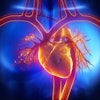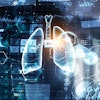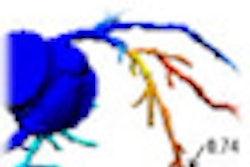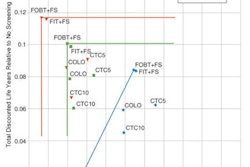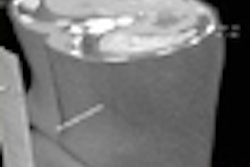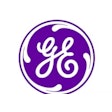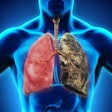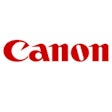The American College of Radiology (ACR) has issued a statement to clarify comments made by the Joint Commission in its recent sentinel event alert on the radiation risks of diagnostic imaging.
The Joint Commission issued the alert on August 24, pointing out recent studies demonstrating the overuse of radiation and providing some actions for reducing radiation dose. The alert also noted that the Joint Commission will consider a site's radiation dose monitoring procedures when it begins accrediting facilities in January 2012 as required by the U.S. Centers for Medicare and Medicaid Services.
In a statement on August 29, the ACR said that it supports the concept expressed in the Joint Commission's alert that steps need to be taken to "eliminate unavoidable exposure to radiation." However, the ACR took issue with several other statements.
For example, the Joint Commission indicated that the CMS January 2012 requirement for accreditation of CT, MRI, and PET was promulgated "as a result of the potential dangers associated with ionizing radiation." However, the ACR said it considers this statement to be inaccurate, as the legislation being referenced, the Medicare Improvements for Patients and Providers Act (MIPPA) of 2008, was aimed primarily at ensuring a high level of quality for these modalities, including inspection and evaluation of image quality. In addition, MRI, a component of MIPPA's accreditation requirement, produces no ionizing radiation, according to the Reston, VA-based organization.
The alert also indicated that the ACR had launched its National Radiology Data Registry (NRDR) in May 2011. However, the NRDR has been in existence since 2008, the ACR said. Also, the ACR noted that the alert made no specific mention of its Dose Index Registry (DIR), a national registry launched by the ACR in May.
The ACR also said that while it was pleased that the Joint Commission acknowledges that experts disagree on the extents of the risk of cancer from diagnostic imaging, it was concerned with the recommendation for "awareness of the potential dangers from diagnostic radiation among organizational leadership, hospital staff, and patients," considering that there is significant disagreement on the magnitude of those dangers.
On the bright side, the ACR applauded the Joint Commission's alert for its "comprehensiveness and strong recommendations" regarding selection of the right procedure and the right dose, creating effective processes, ensuring safe technology, and promoting a safety culture. In particular, the ACR said it was pleased to have already addressed (via its DIR) the alert's recommendation 19, which endorsed the creation of a national registry to track radiation doses.

